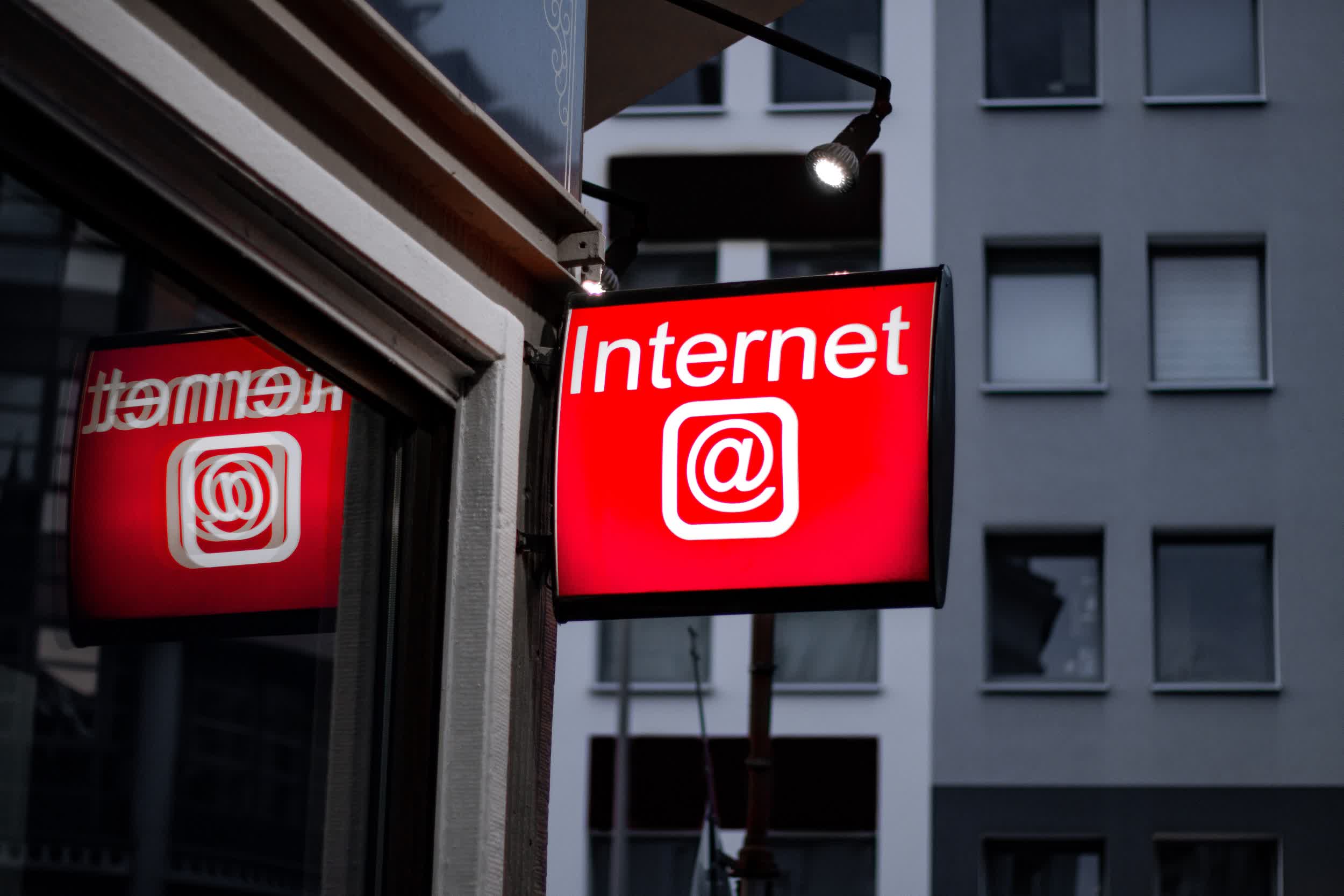Forward-looking: The expansion of work-from-home has made high-speed internet a necessity for more people. Lawmakers seem to be catching up to that new reality in some countries, the latest evidence being new legislation to expand gigabit connections in the UK.

Around 98 percent of all new homes built in England must include access to gigabit internet according to a new law enacted the day after Christmas. Another law simultaneously went into effect giving tenants a new path to gigabit if landlords are unresponsive to requests.
Ministers in England amended the Building Regulations 2010 to require builders to install gigabit-compatible infrastructure into new homes during construction. The law caps connection costs for developers at £2,000 per home.
The UK government estimates that about two percent of new homes might exceed the cost cap, in which case builders must install the next-best internet option. Even in those cases, the law still requires installing gigabit-compliant ducts, chambers, and termination points, so gigabit internet can reach those homes in the future.

Furthermore, the Telecommunications Infrastructure (Leasehold Property) Act (TILPA) lets block and apartment tenants across England and Wales more easily upgrade to gigabit. The law goes into force in Scotland this summer.
Before, tenants would need to go through landlords when requesting gigabit, but broadband companies say that about 40 percent of requests go unanswered. Now, if a landlord doesn't respond to the request within 35 days, a broadband company can go through the courts to reach blocks and apartments.
Gigabit access in the UK has expanded rapidly over the last few years. The government estimates it has reached over 72 percent of the UK compared to just six percent in 2019. However, around 12 percent of new homes each year – about 25,300 units – lack gigabit access upon construction.
The new law mandating installation upon construction will likely be easier to comply with than adding gigabit internet to existing buildings. Additionally, the TILPA might help connect an extra 2,100 residential buildings each year.
The UK ranked number four in a 2022 internet accessibility index from broadband choices, behind Liechtenstein, the United States, and Denmark. Liechtenstein and Denmark show significantly higher average download speeds than all other countries at 75.7 and 69.4 Mbps, respectively. The US, meanwhile, sits at 27.4 Mbps, while the UK averages 23 Mbps. Their high rankings despite relatively low average speeds are explained by good affordability.
https://www.techspot.com/news/97213-nearly-all-new-homes-built-england-must-include.html